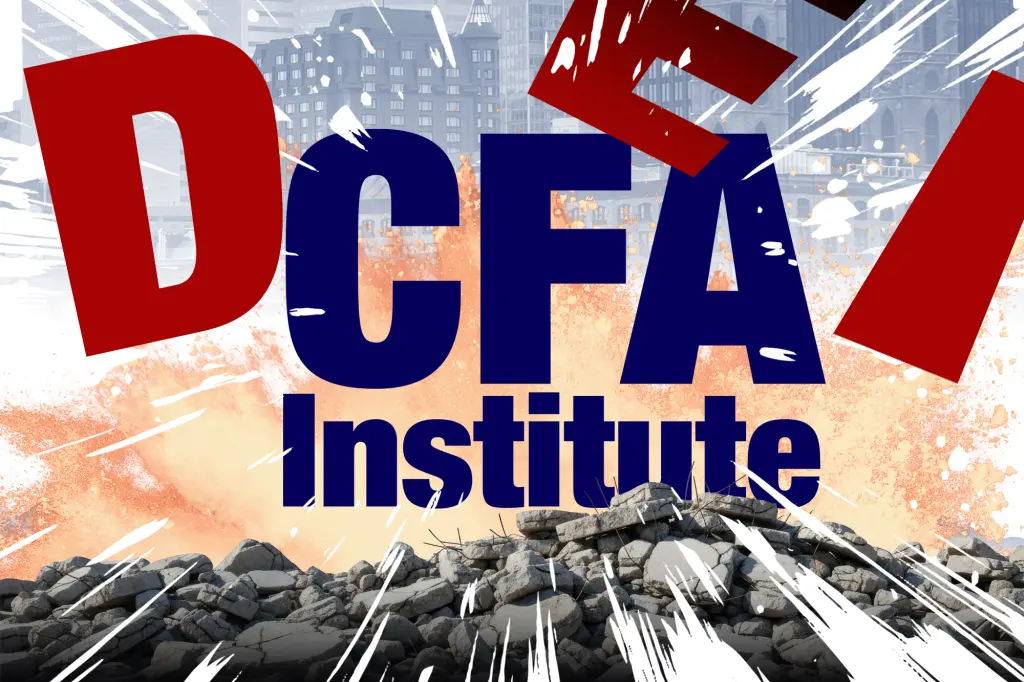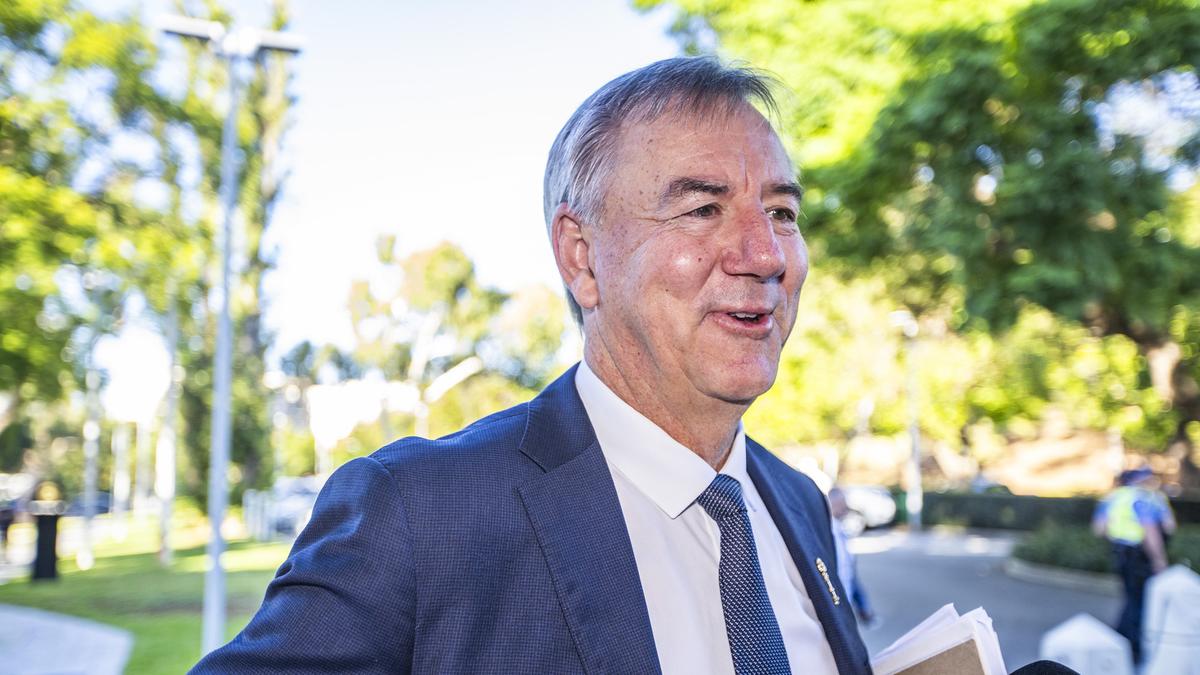
The CFA Institute appears finally to be detoxing from its addiction to DEI, On The Money has learned.
The group that administers the grueling exam that for decades has been a rite of passage for Wall Street analysts has renamed its Diversity Equity and Inclusion Code of Conduct to something more palatable (and legal) to many of its members.
The new “Inclusion Code” no longer calls on money managers and financial advisers to consider so-called intersectionality in their business practices, everything from hiring to investment decisions.
Members told On The Money that the words “race” and “gender” also have been stricken from the new code, which focuses on more anodyne recommendations for members to make “employees feel valued, respected, supported, and fully able to participate in the workplace, regardless of their human attributes, perspectives, identities, and backgrounds.”
The institute announced the move in a blast email to its members Tuesday morning.
The moves came after a series of scoops by On The Money detailing the institute’s DEI program, and how it might violate recent court rulings. In its new code, the CFA institute cited the changing legal landscape surrounding DEI for the move.
“Our work with the investment industry is focused on programs and initiatives designed to improve the profession, to better serve clients, and to enable an inclusive workplace,” a spokesman said in a statement.
“It’s been three years since we launched the first version of the voluntary code, and as part of our ongoing reviews, we decided that “The Inclusion Code” would better describe the code’s intentions and support existing and potential signatories in their talent efforts.”
As we first reported here, in 2023, the CFA Institute adopted one of the most far-reaching, and controversial DEI codes in corporate America. The organization boasts a membership of 200,000 professionals working at some of the world’s largest financial companies, managing trillions of dollars of global wealth.
It bills itself as the “gold standard in ethics and transparency in finance,” which is why CEO Margaret Franklin’s alleged politicization of the organization received so much pushback from individual members even if they were widely adopted by some of the biggest asset managers in the country.
Following the 2020 social-justice riots, large US corporations had adopted DEI and other woke business practices. But times are changing. Corporate wokeness isn’t just unpopular with rank-and-file workers and consumers (see the boycott of Bud Lite following its ad using a transgender influencer Dylan Mulvaney) they’re also legally dubious.
Franklin’s DEI edict came on the heels of a Supreme Court ruling that said race and sex couldn’t be used in college admissions. The Trump Administration has taken measures to outlaw DEI as well.
Franklin, who declined to be interviewed, is now facing an internal uprising to dislodge her as CEO. Chris Cutler, a long-time institute member and financial executive, has been circulating a petition among members to have her removed from her post.
Cutler cites what he says are corporate governance lapses by Franklin, including the opaque nature of how the institute’s board makes policy, and the DEI plan. Meanwhile the institute’s former chief marketing officer was recently charged with embezzlement of the outfit’s funds — around $5 million to pay for club memberships, travel expenses, and an engagement ring, according to Manhattan DA Alvin Bragg.
He is set to go on trial on Oct. 7. The marketing officer denies the charge.
“We have no confidence in the opaque selection process for Board Directors and having $5 million stolen by a CEO’s direct report and having no visible consequences for the CEO,” Cutler said. “Also, our members are financial analysts, not experts on social movements.”
The CFA Institute spokesman denies that the institute’s corporate governance is opaque, stating that the institute’s board of governors sets policy, not the CEO
“All members of CFA Institute can vote in elections to the Board. Members are provided with voluminous information on the elections and proposed candidates. All proposed candidates were elected with more than 75% of the vote,” the spokesman added.



